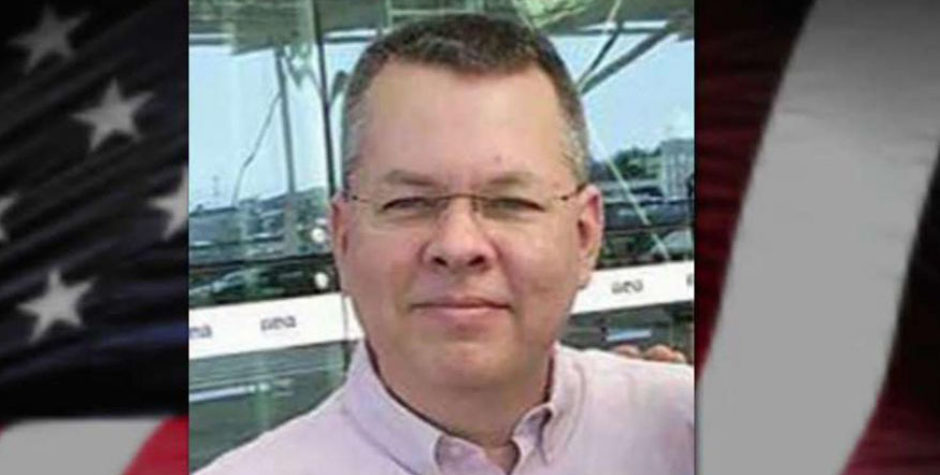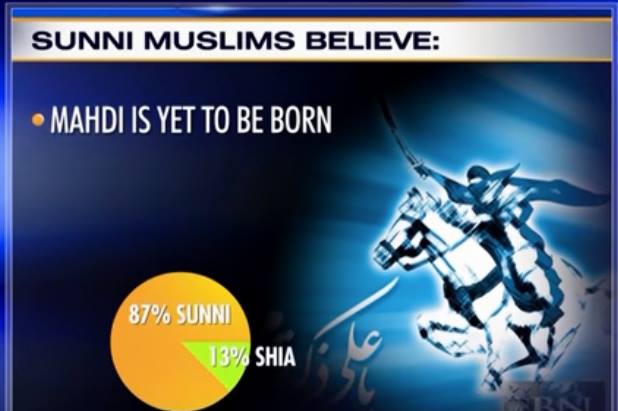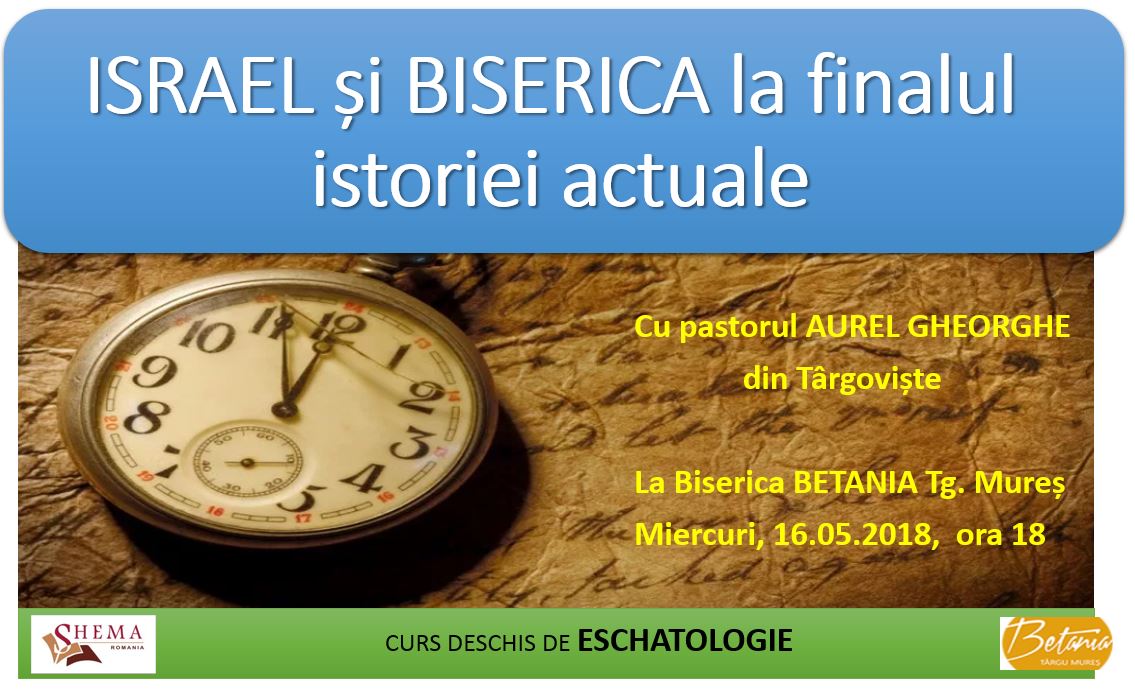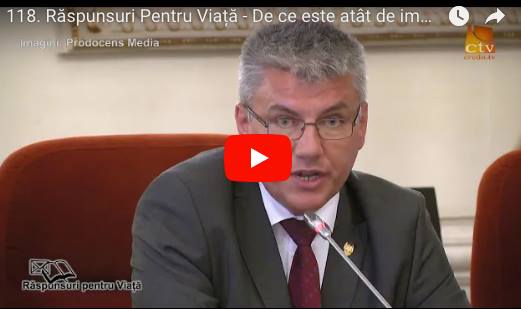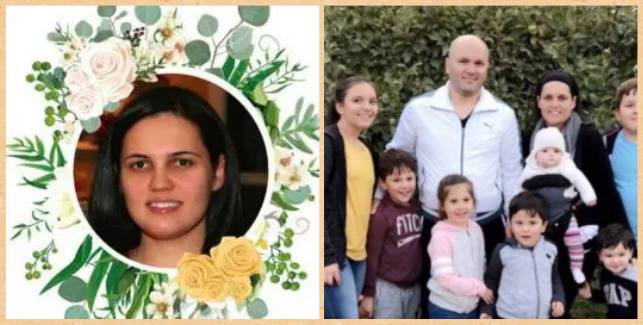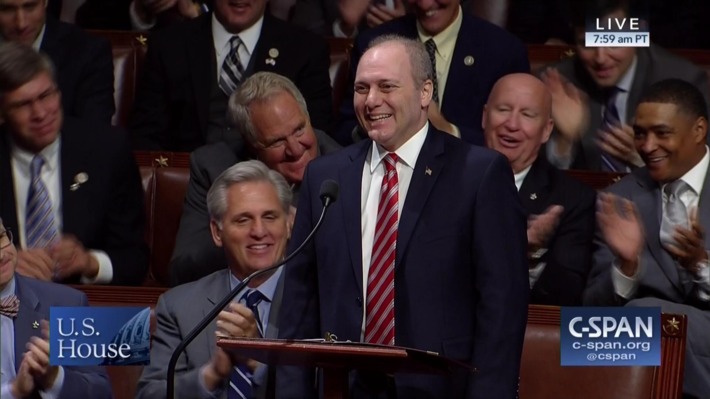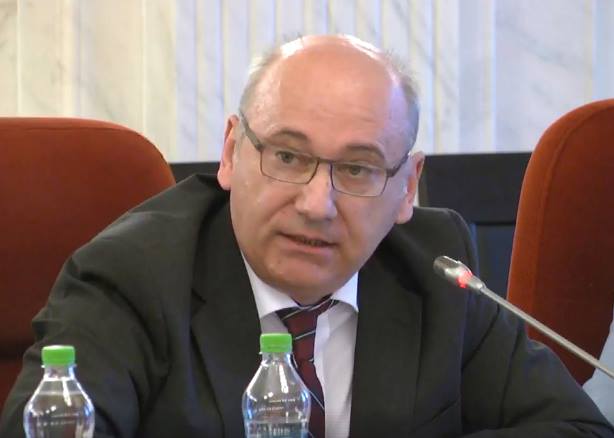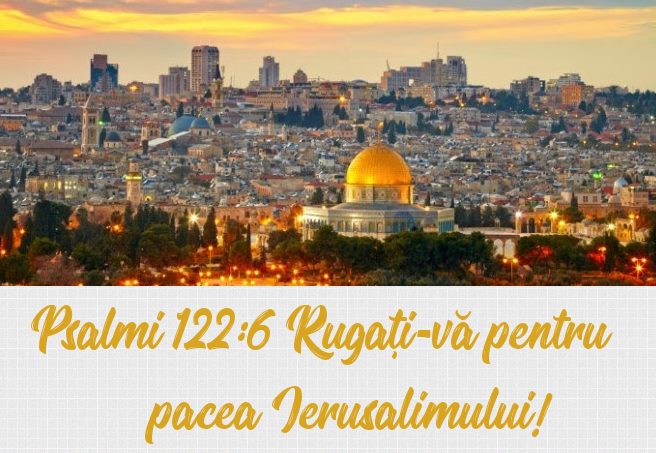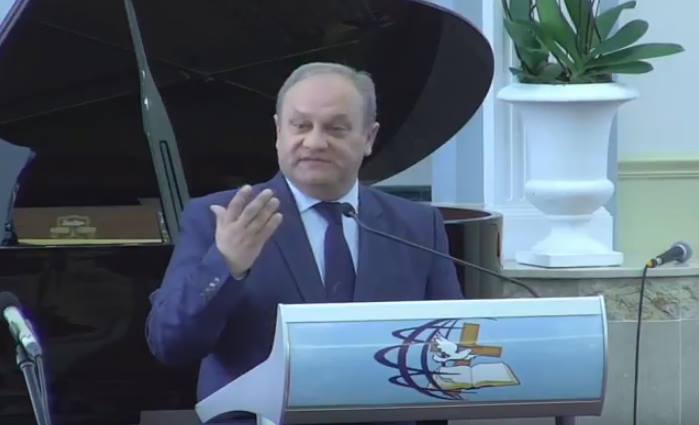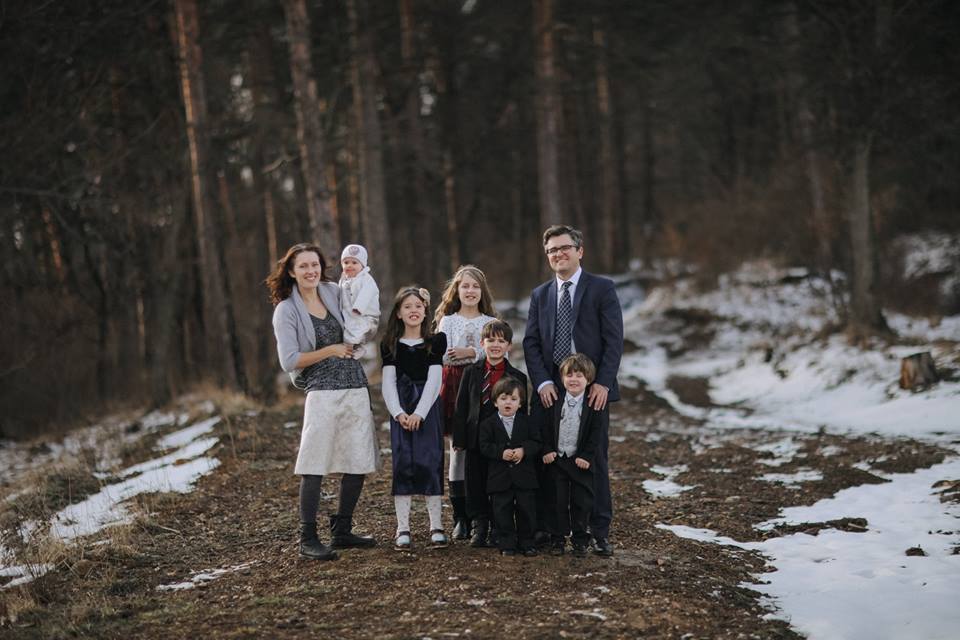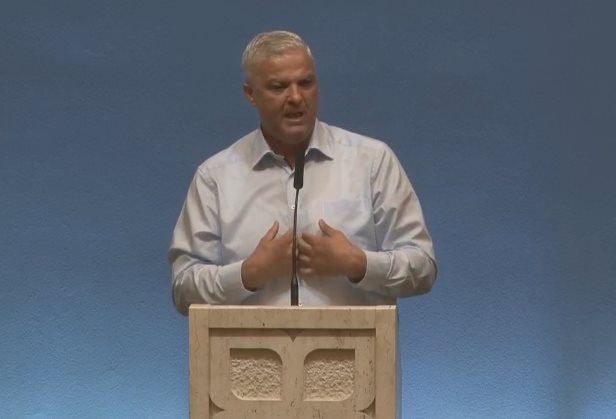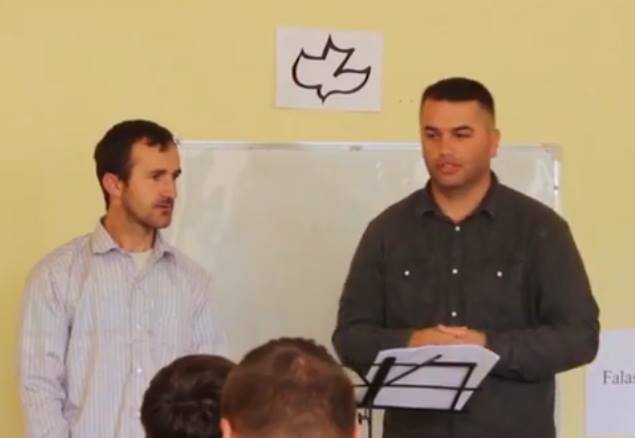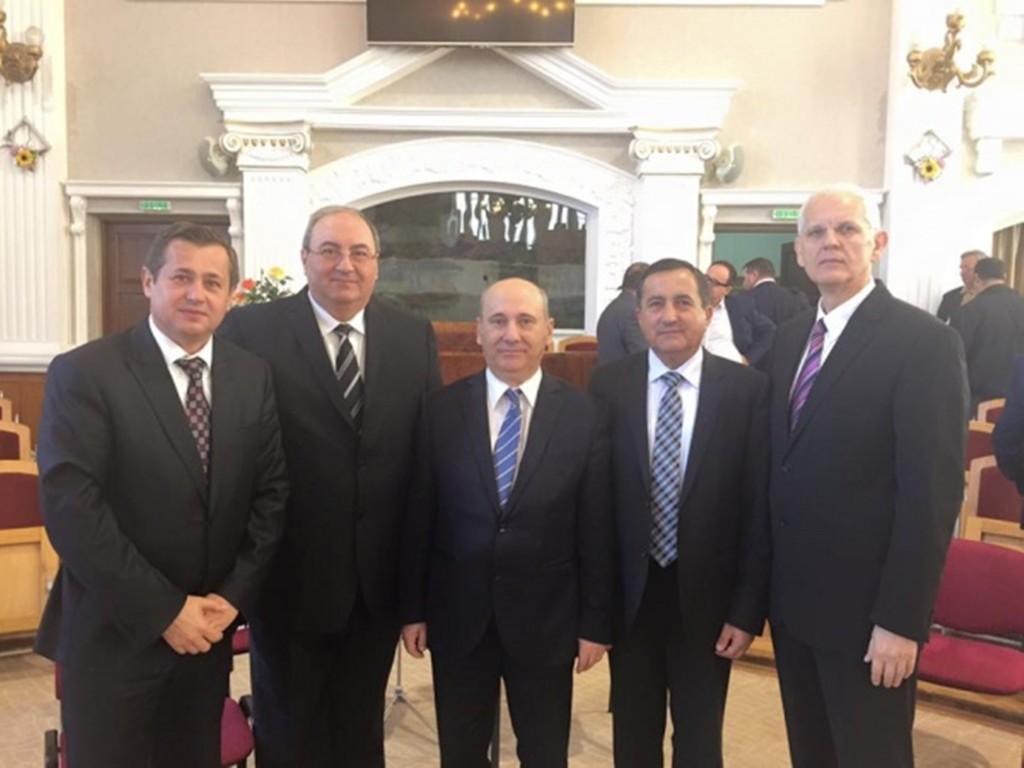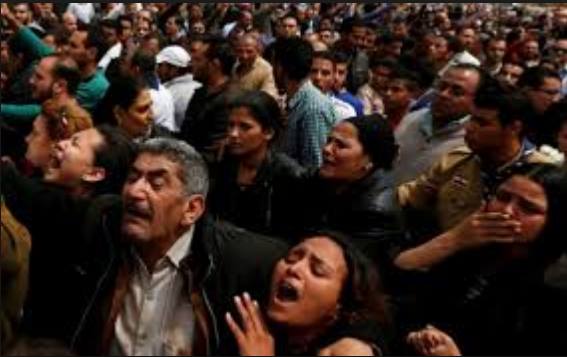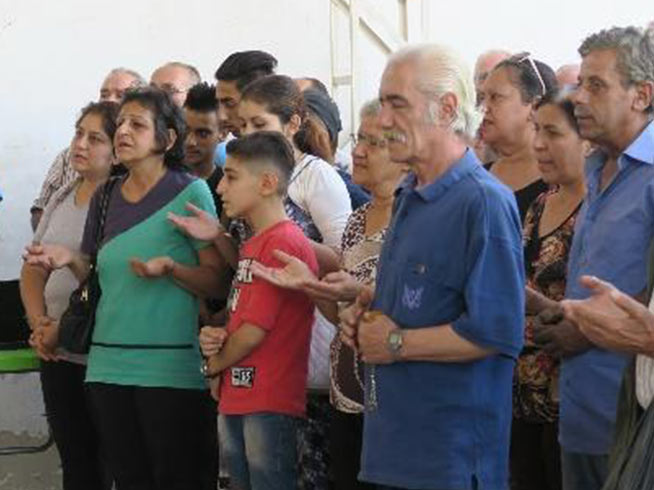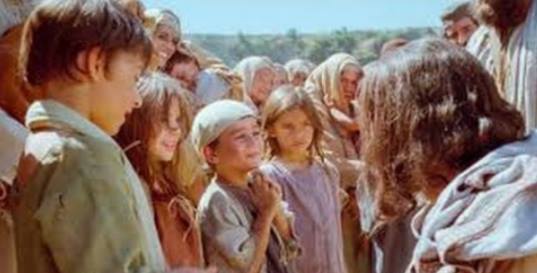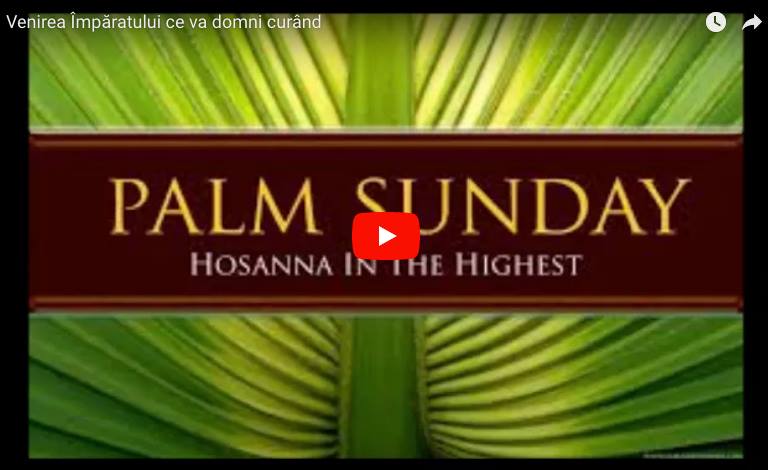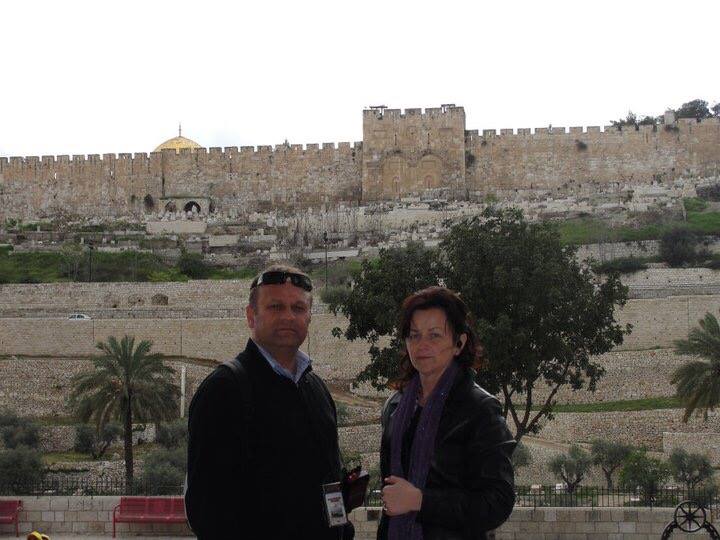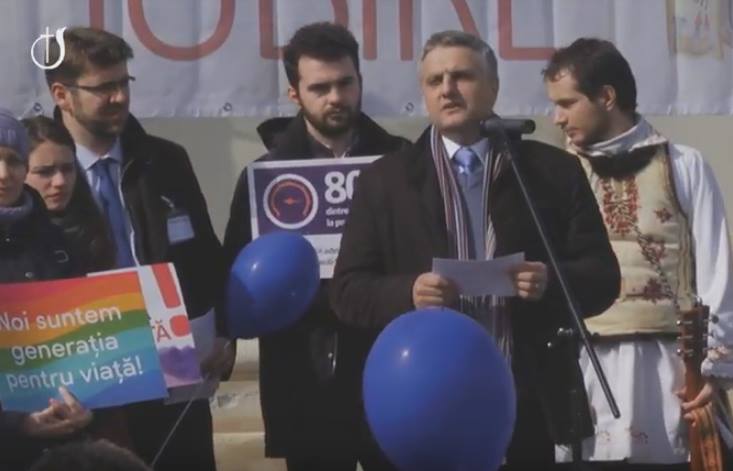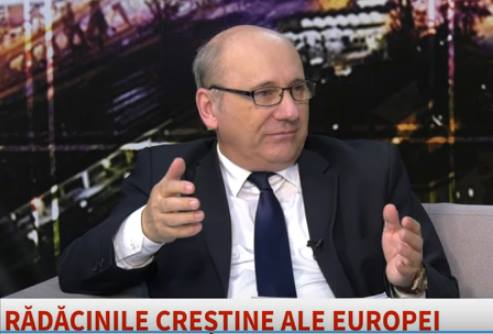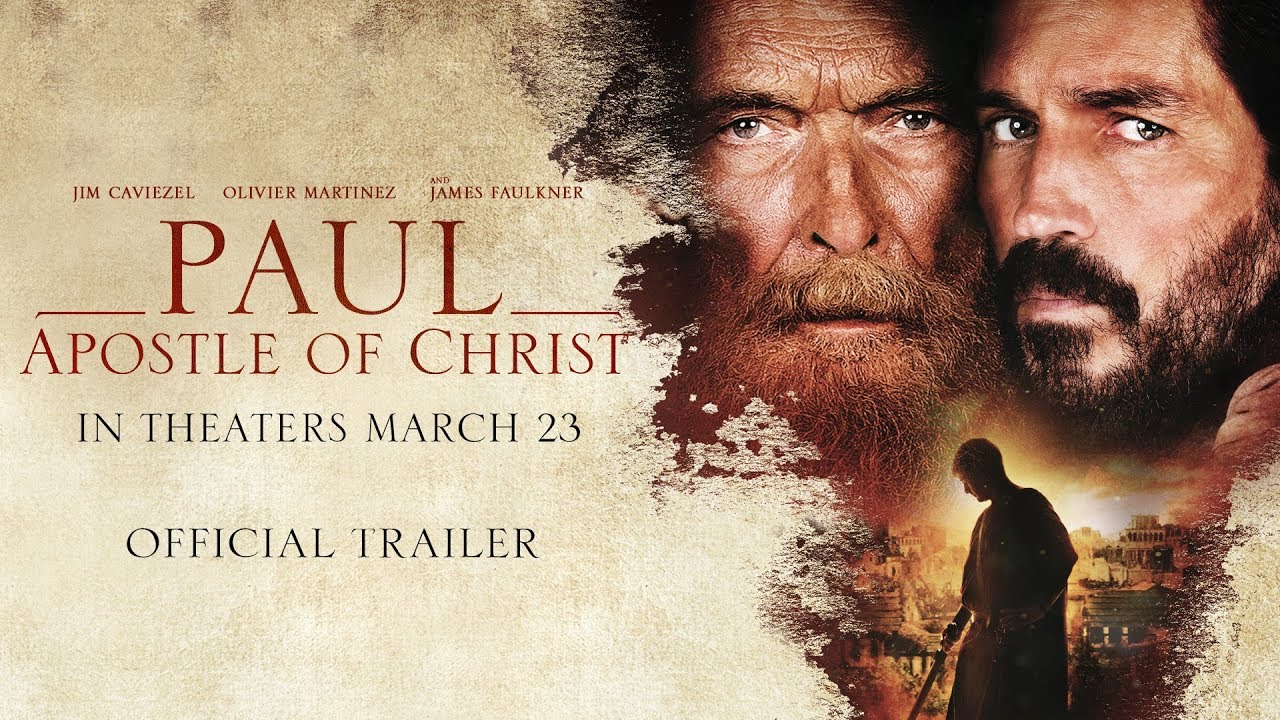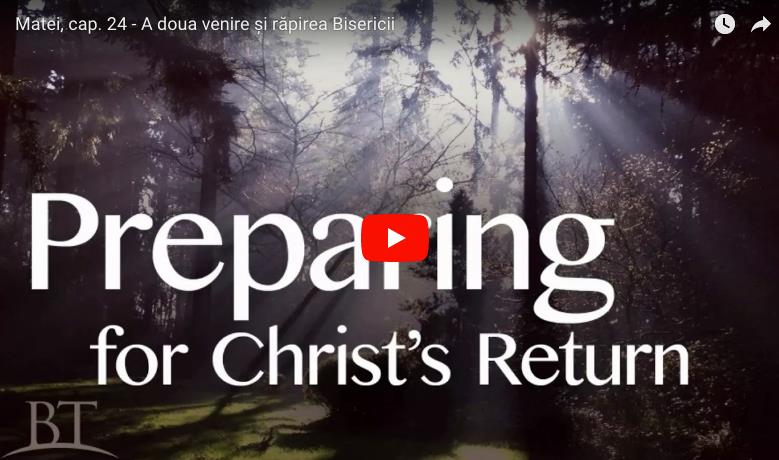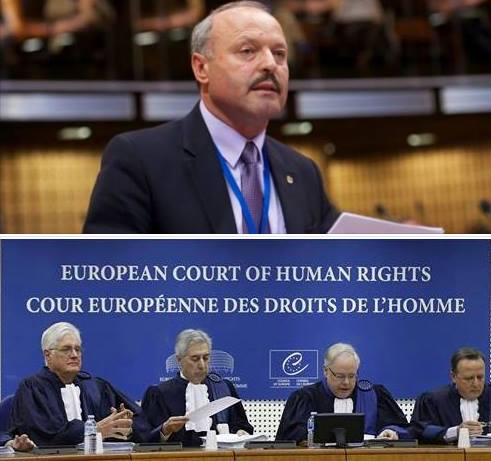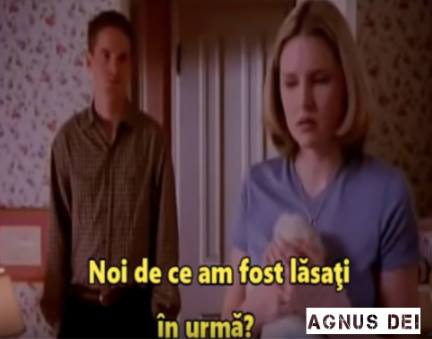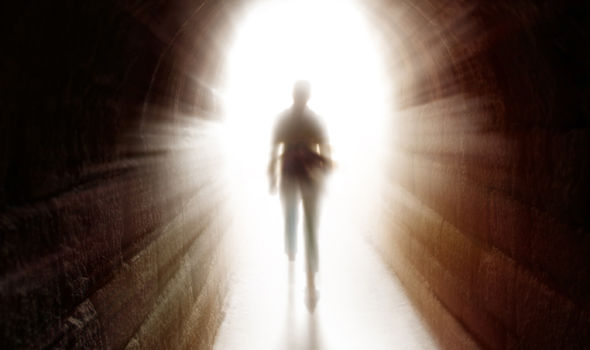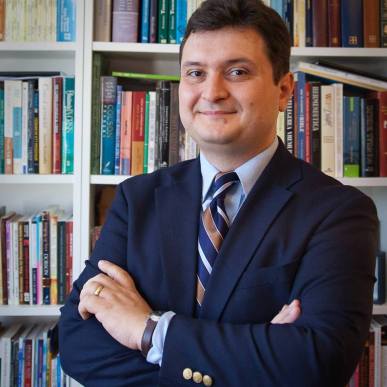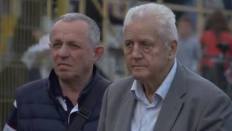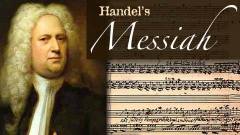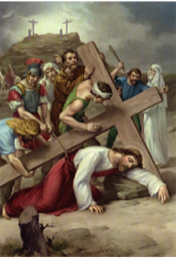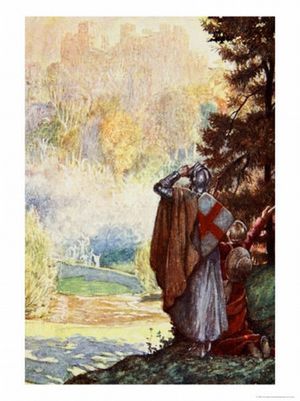
See
Dr. Carl Trueman:
In lecture 2 I want to talk about the power in the Word. In the first lecture (click on link above for first lecture) I sketched out the basics of Luther’s theology, with particular reference to his understanding of God’s revelation of Himself in the incarnate and crucified flesh of Jesus Christ. There, and only there did Luther believe one can find God revealed as being gracious towards sinners. To approach God in any way, outside the flesh of Christ was to approach the God of righteous judgment. A consuming fire, the terrifying God who rides on the wing of a storm and who is accountable to no one. And before whom no sinful creature can stand and expect to live.
In the second lecture I want to move from the theological foundations we’ve established to Luther’s theology of the preached word. And by the third lecture we’ll finally get to Luther’s practice of pastoral ministry. But, it’s in the preached word that the church encounters the crucified Christ and thus the preached word which must be central to the church’s life and actions. In addition, we must also remember the basic arguments of these lectures as a whole, that Luther’s theology is determinative of his understanding of the nature and the toils of the pastoral ministry.
That he would have found modern evangelical claims to ‘agree on the Gospel’, but, ‘to allow freedom in method and practice’ to be strange. Not that the Lutheran reformation looked exactly the same, everywhere in Germany. Liturgy varied in detail between places, but the basic shape of pastoral ministry and of church life enjoyed a high degree of consensus. As is the historian’s way, however, I cannot begin the story of Luther’s understanding of the word of god with Luther himself.
The late medieval background
 ….. In many ways Luther remained a man of medieval ages. His politically conservative futurism and his acute sense of the physical presence of the devil, and also of demons and imps are just two examples of what separates him from the other reformers. who were trained as renaissance humanists and were men of the modern age. On the theological front, it was the late medieval critical philosophy of the language, connected to the radical application of what was called the dialectic of God’s two powers which gripped Luther’s theological imagination and remained with him from the monastic cloister to the day of his death.
….. In many ways Luther remained a man of medieval ages. His politically conservative futurism and his acute sense of the physical presence of the devil, and also of demons and imps are just two examples of what separates him from the other reformers. who were trained as renaissance humanists and were men of the modern age. On the theological front, it was the late medieval critical philosophy of the language, connected to the radical application of what was called the dialectic of God’s two powers which gripped Luther’s theological imagination and remained with him from the monastic cloister to the day of his death.
…..Competency in human reason had been declining from the 12th century onwards in Europe. And this dialectic between the 2 powers of God was used in a dialectic and critical way to articulate the increasing epistemological modesty that people had with regard to God. Human reason came to be regarded less and less competent to predict what God would be like. And first, theologians focused increasingly on revelation as the source of the knowledge of God. We shouldn’t get too excited, as that revelation was not identified with Scripture, by these late medieval theologians so much as the teaching of the church’s magisterium. The distinction also fed and strengthened a perennial linguistic debate about the nature and function of words. And this will become significant for Luther’s understanding of preaching. Taken to its extreme this became an anti-essentialist view of being which effectively made words themselves the determiners of reality. This is what is known as late medieval nominalism and it was the linguistic school in which Luther was trained and whose basic assumptions remained with him throughout his entire career, to the day of his death.
Those critics of post modernism, such as Terry Eagleton have pointed out there are pointed similarities between medieval nominalism and certain schools of post modern linguistic theory. We might summarize these similarities by saying that both envisage the world as a linguistic construct. Words, not essences become determinative and constitutive of reality. I suspect that Luther would have little time for the excesses of postmodern anti-essentialism with the kind of kaleidoscopic anarchy it has created with the regard to gender, sexuality and even the notion of human nature. Nevertheless, we should note that Luther would not object to postmodernism by reasserting a kind of essentialism. Rather, I suspect, Luther’s rejection of postmodern anarchy would be based on his belief that God is the supreme reality, that He is ultimately the one who speaks, and whose speech is therefore the ground of existence and of difference. Reality is not determined by the linguistic proclivities of any human individual, or any human community, but by the word of God.
The theological implications of this should become obvious. For example, to refer back to the theology of the cross- the empiricist, the essentialist looks at the cross and sees weakness, agony, suffering and defeat, and no more. That is the outward aesthetics of the cross would seem to indicate. And it is what the social and philosophical conventions of Jews and Greeks of 1st Corinthians would also lead them to believe. But, neither the empirical aesthetics, nor their interpretation through the grid of their constructed social conventions are actually any guide to the reality of what is taking place. God has extrinsically declared the cross to be powerful, a victory, a moment of triumph. And God’s word trumps everything in determining the reality that is there. Thus, only those christians who reject the evidence of their senses, and reject the established logic and expectations of their culture and trust instead in their counter intuitive truth of God’s words can truly understand the reality.
The same, of course applies to justification. Older medieval approaches to justification required the individual actually to be somewhat righteous before God could declare the person to be justified. Late medieval theologian Gabriel Biel had broken with this tradition, arguing instead that God could set His own criteria for the declaration of justification. For Biel, God had entered into a pact with human beings and had agreed that according to His ordained power He was going to accept an individual’s best efforts as righteousness, as meeting the condition for God to declare that person to be in a state of grace. Once in such a state of grace, the individual could then benefit form sacramental grace and do works of real righteousness and intrinsic merit.
Luther came to reject the theology of Biel as a form of semi pelagianism. The very idea that one could do one’s best and meet any condition became anathema to him. If human beings are morally dead, then the only things they can do is acknowledge that in all humility despair in themselves and look to God for unmerited mercy. Yet in breaking with Biel, Luther remained indebted to one of Biel’s most important conceptual moves. For Biel, as later for Luther, the justified person was not necessarily, actually, intrinsically righteous. They were simply declared extrinsically to be righteous by God.
By making entry into a state of grace, something that was not based on intrinsic merit, but rather on merit determined on extrinsic pactum. Biel first shattered the link between essential reality and divinely determined reality. For those of you interested in the history of the ‘History of Dogma’ will know that this is something for which conservative catholic historians of dogma have never forgiven him and which indeed shapes how our contemporary historians like Brad S. Gregory of Notre Dame views the reformation. The reformation is seen as the ultimate evil fruit of late medieval anti-essentialism.
The practical significance of this linguistic philosophy for Luther as pastor is that words become absolutely foundational to everything the pastor does. If words determine reality, then of all things the pastor does, the words he speaks are the most important: Reading the bible in public, preaching the word form the pulpit, applying the word individually in the confessional. Each of these things determine the reality of the church. This linguistic emphasis also helps explain to those of us with less sacramental proclivities than Luther why he holds such high views of baptism and the Lord’s Supper. That on the latter point at least, he’s willing to divide protestantism over the issue. Incidentally, Luther’s objection to transubstantiation is not in 1520 that the body and blood of Christ are there, it’s that the bread and the wine have disappeared.
It would be remiss of me simply to reduce Luther’s reformation theology to a particularly radical application of late medieval linguistic theory as a means of solving his own personal issues
The Word in Action from Southern Seminary on Vimeo.



 Adidasii lui iosif (Vol. 1)
Adidasii lui iosif (Vol. 1)









